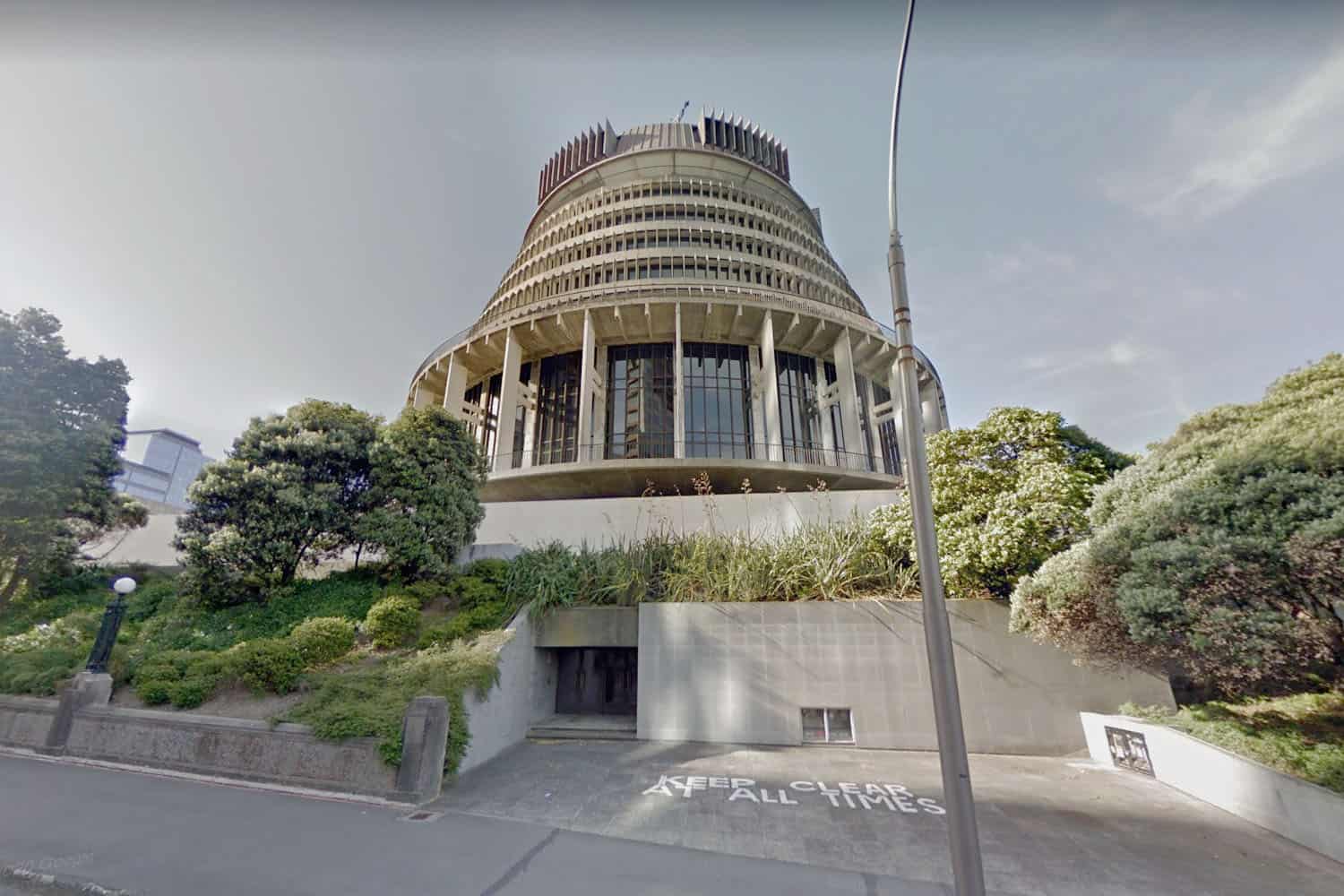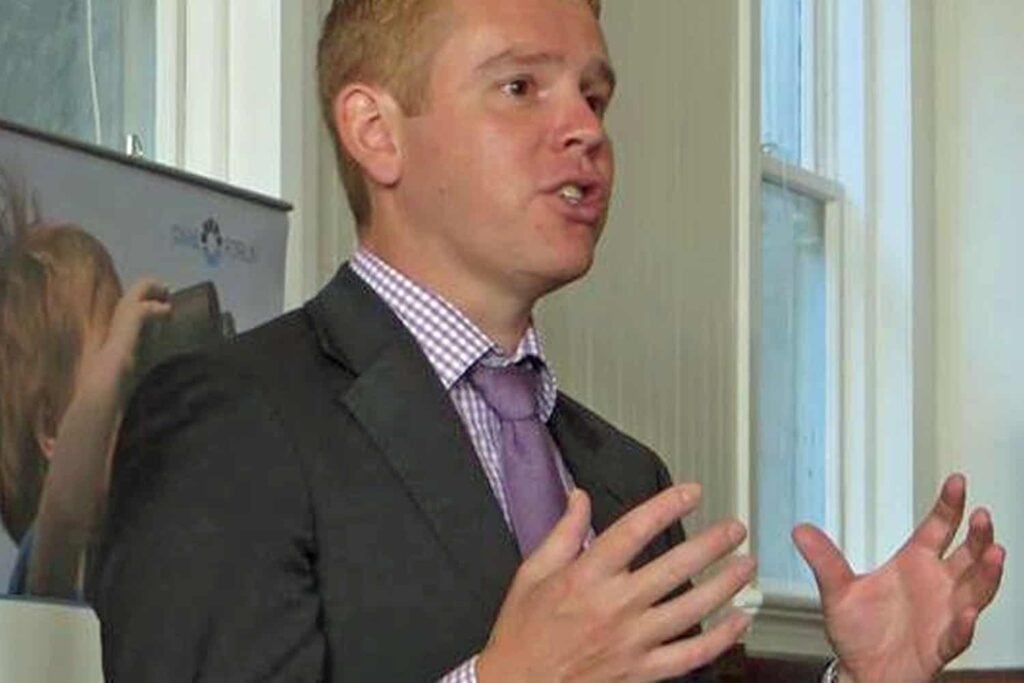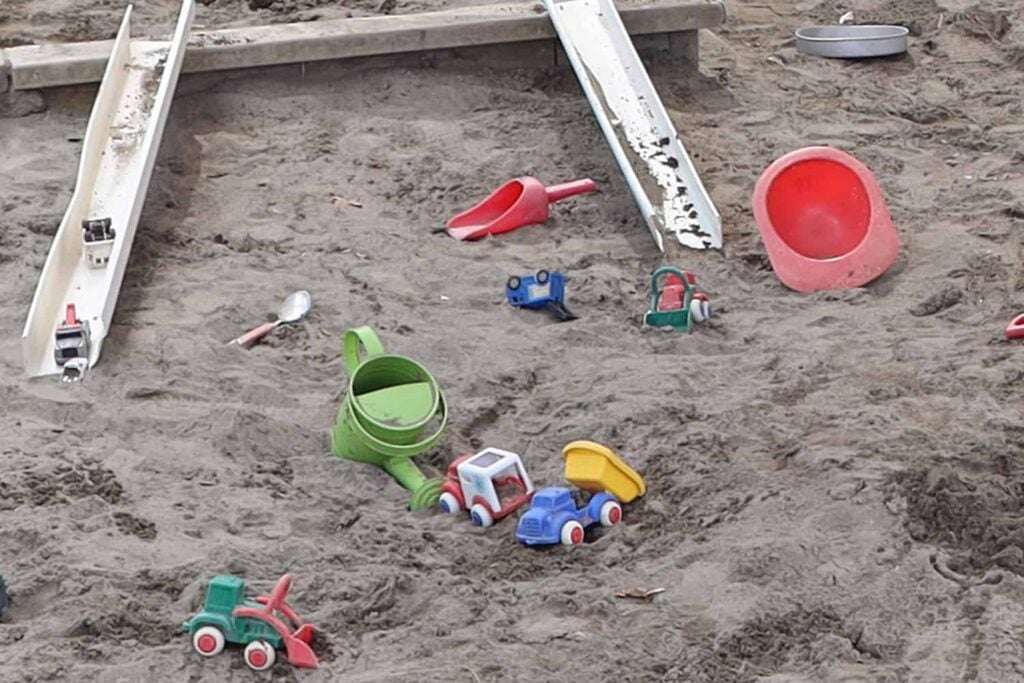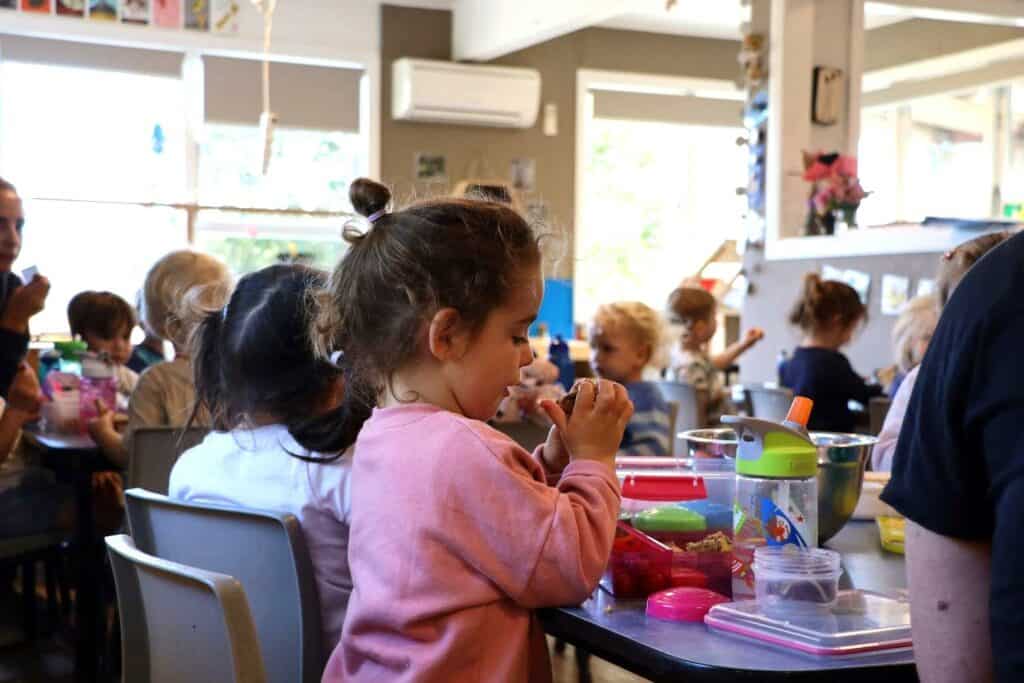Election Promises 2005.
By Sarah Alexander.
Both the major parties have released their early childhood policies. Never before has so much money been offered to fund childcare by two major competing political parties wanting their vote. But the policies of Labour and National are very different.
So it’s important to look at what each party offers and think about the possible implementation implications and unintended consequences of the different financial carrots. Then decide what might attract you to one or the other, or bits of policies from both.
What’s on offer from Labour?
$105 million has been budgeted to provide 20 hours free childcare for 3 and 4 year-olds from July 2007 at licensed services coordinated or run by early childhood diploma qualified registered teachers.
All parents can access the free childcare whether or not they are at-home and available to care and educate their children. Labour says it is sending a signal to parents of the number of hours a child should be in formal early childcare and education.
Parents will be better off by up to $90 a week or $4,680 for 52 weeks in the year, up to a possible total of $9,360 if their child is in care every week for 2 years. The government will pay the services, and not the parents, after finalising contractual arrangements.
The 20 hours of free care will be on top of the childcare subsidy for low to middle income families of 9 hours a week whether or not parents are unemployed or at-home; or up to 50 hours if they are not available to care for their child due to employment or other reasons.
Families who won’t get the free 20 hours are those who access a non-eligible early childhood service or make their own private arrangements and those whose children are under-3 years or aged 5 years.
Families will receive up to 20 hours free during the hours and for the weeks their eligible service operates. Many community-owned centres close for 12 weeks of the year and many have daily sessions of less than 20 hours.
If the full 20 hours can not be accessed at one service it is not clear in Labour’s policy if the remaining free hours can be transferred to another eligible service. It is also not clear whether eligible services can opt out of the scheme, and if they do what the consequences to their reputation for quality and treatment by government officials will be.
What does this mean?
A cap of $90.00 for the first 20 hours (up to $4.50 hour) is not likely to be enough come July 2007 because the fees of many centres, especially in Auckland are already at this level. A fees cap will cause problems for services whose operating costs are higher than average, due to factors such as location and mortgage or rent arrangements. It is unlikely to cover capital costs of improvements or important things like buying new puzzles or having the old sand in the sand-pit replaced.
It might promote greater social and educational inequality rather than reduce disparities. Services with mainly children from low socioeconomic families will struggle most.
To make ends meet centres may have to look for ways of making parents use their service for more than 20 hours and charge higher fees for that time.
Community centres run by charitable trusts and as incorporated societies are likely to increase donation levels and parents may find the promised ‘free’ childcare in reality does have costs attached.
Take the experience of kindergartens whose funding arrangements with the government have proven not to be enough, covering an average of 75 to 85% of operating costs, with the shortfall being met by parents in donations, fundraising, and from grants.
Benefits such as cooked lunches could be dropped to save costs. We may see centres introduce resource and activity fees to fund the ‘extras’ considered to be essential for children within individual programmes. Membership fees to belong to the incorporated society or the organisation of the centre, along with enrolment fees to have a child’s name placed on the waiting list are likely to be raised in some centres and introduced in others.
Community centres are likely to need a greater injection of government funding to help with management and administration. Their traditional reliance on parents to have this expertise and provide it will diminish as parents will have a choice of using their free time for other purposes by using a private centre.
Giving parents who do not need assistance with childcare, an extra 20 hours free childcare on top of the hours they can obtain through the childcare subsidy is a financial incentive for parents to take less responsibility for raising and educating their children. And at this stage, Labour has not included parent-led services in the policy. Labour says that being placed in services with a person responsible who is a trained registered teacher is better for children, leading to higher educational achievement at school.
Any changes to group size and staff-child ratios, for example, that the Minister of Education wants to make to raise the ‘quality’ (as defined by Government) of centres is likely to be a cost to centres and necessitate raising the fee cap. The Government therefore will be picking up most of the bill unless it is happy for standards not to be raised or for standards to decline. The Minister, Trevor Mallard, has said that a close eye will be kept on services to make sure they do not charge more.
The fees cap will impact on Ministry of Education decisions to go ahead with planned regulatory changes and the future introduction of any new or changed requirements under the Labour-led Government’s Strategic Plan for Early Childhood Education.
What’s on offer from National?
$160 million has been budgeted to give parents with infants, toddlers and pre-schoolers a significant tax rebate on actual costs from 1 April next year (15 months before Labour’s funding starts). It is available to sole parents, parents receiving a student allowance, and two parent-working families.
Two parent families where one parent is at-home and available to educate and care for their children will not benefit from this policy.
Parents will be better off by $1,650 a year or $8,250 over 5 years. They, and not the early childhood service, will receive the money through an annual tax rebate of 33% on actual childcare costs up to $5,000.
As in Labour’s policy this funding will be on top of the childcare subsidies currently available to low to middle income families.
There is no restriction on the type of service and service provider parents can select. Families may choose to pay a single provider or to use different services for their infant, toddler and preschooler and claim tax rebates for the costs associated with each child.
Parents may use a combination of services to meet their need for hours of childcare or their child’s needs for different learning, cultural or social stimulation opportunities.
Varying their weekly or monthly hours of childcare use would not affect the tax rebate level as this is calculated on the total annual cost.
What does this mean?
There are fewer potential fish hooks in National’s early childhood policy than in Labour’s. Whereas Labour is setting out to alter the landscape of provision and use of early childhood services, National’s intention is to leave it much the way it is but give parents who need childcare support greater flexibility in their ability to purchase what they want.
A significant rise in the amount of tax rebate parents can claim will not be good news for those working in the cash economy. Parents may be less willing to pay under-the-table and more likely to demand a receipt or tax invoice.
Families with children with special needs and families with infants who may want someone with a nursing background, for example, might be encouraged by this policy to seek a service that is personally best for them.
Parents who are not earning, studying, or needing childcare will miss out.
Which policy is the winner (if there is a winner?)
For any parent the thought of being able to leave your child up to 20 hours for free every week and have time to do what ever you want is highly attractive – time to catch up on the housework, go shopping, meet with friends, watch the TV soaps, go to the gym, or get some part-time work even.
But the 20 hour policy may bring with it long-term social, health, and educational costs for our society as it dictates how long children should be in non-parental care, what quality services are, and assumes that the eligible services are better for children than the choices parents’ would make for their children and the resources and opportunities children would otherwise experience at home.
Whether it is best for children to deliver assistance directly to their parents or to early childhood services depends on which side of the fence you are standing on.
As someone trained in early childhood education I would want as much funding for services and the people running and working in them, and training the teachers as possible.
On the other hand as a parent I’d be so relieved to receive much of the tax I pay back as a rebate for the childcare expenses incurred as a result of my decision to try to squeeze some work into the mornings. If there’s no financial incentive to work to benefit my children and family, then why have my children attending an early childhood service that is not parent-led when we could be doing so much more together before they have to start school?









